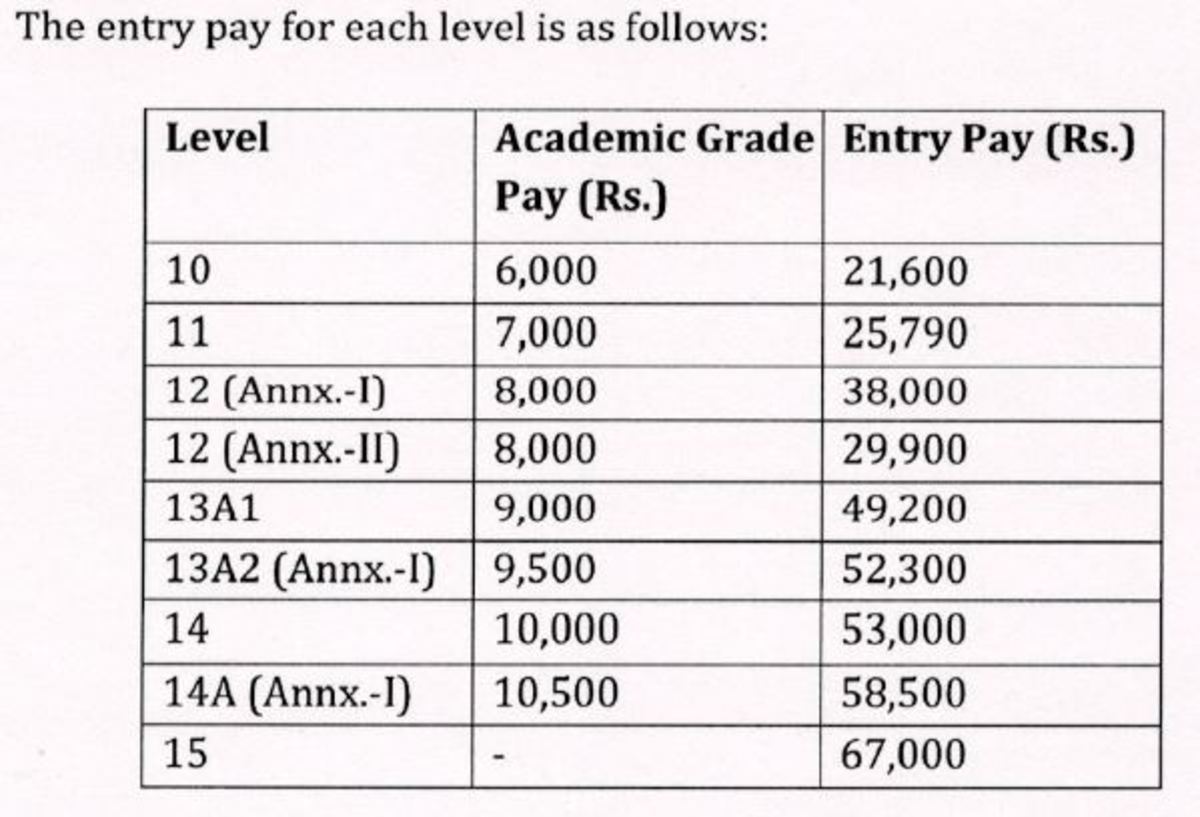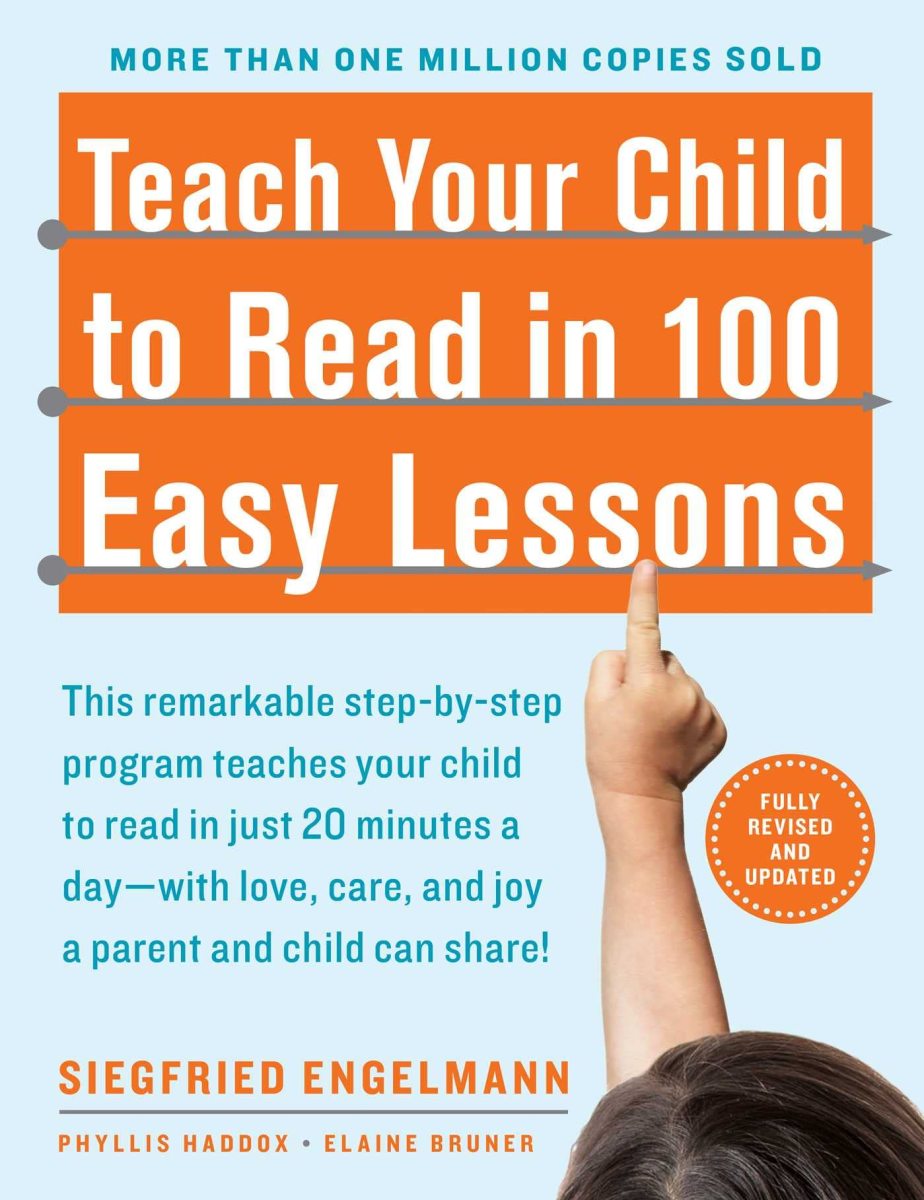How to Teach Your Kids to Use Their Imagination

Creativity is becoming a lost art, especially for children. Surrounded by so much pre-made stimulation and activity, children are rapidly losing the ability to think outside the box and develop the use of their imagination. This could potentially mean years of lost innovation and invention.
So how do we encourage our children to develop their creativity and imagination? It starts at home, in the things we do and surround our children with, and much of it involves something many parents have difficulty with- leaving their child alone.
Now, I don't mean leaving your child out of sight, but I do mean not hovering, not interfering, and not smothering your child with toys, games, trips and more. A spoiled child is very rarely a happy child, and an unhappy, overly-stimulated child will struggle to reach their full potential.
Building Helps Imagination
Innovation and invention begin with an idea, and that idea rapidly becomes a reality through some sort of building process. Your child has many ideas, but if they don't have the tools to make their ideas a reality, their creativity and imagination will be stunted. Building is one of the most fundamental aids in fostering imagination.
However, this does not mean leaping into your car and buying the biggest Lego kit you can find, or the most extravagant building set. Instead, you can simply buy your child a container of bricks, Lincoln Logs or building blocks. Larger, expensive kits can be difficult to put together, frustrate your child, and often contain pre-made instructions for assembly. There is one set outcome.
Simple building materials have unlimited outcomes and your child can easily explore all these possible outcomes without restraint. A lack of pointy, plastic bricks to step on and unfinished space stations or train kits are a definite perk for parents. Encourage your child to build things by giving them challenges. Ask them to build you a hospital, a spaceship, a different planet, and be amazed at what they come up with!
Limit Screen Time
Television is a mindless activity with the exception of educational programs. Limit your child's watching time and time spent on the Internet and encourage your child to spend time outdoors. As a child, I can remember many summer days where my mother would sit on the deck with a book while I explored dark dungeons, distant planets and expansive English moors for hours. It was the highlight of my childhood, and my imagination was so developed that words like "bored" never entered my vocabulary.
I never had a tree-house or even a simple swing as a child. Instead, I had a simple backyard with the usual additions- bushes, trees and long grass. My mom didn't spend every moment playing with me. In fact, my parents almost never played with me. I wasn't allowed to become an unwelcomed guest at neighbors' homes. I had to learn to play by myself, and that meant entertaining myself and developing my imagination.
Take your child outside and let them explore nature and get some exercise. Don't give in to a whiny child-- you are their parent, and that kind of negative personality trait will get them absolutely nowhere in life. You are doing your child a disservice if you do not expose them to varying ideas.
If your child is having difficulty playing alone, find a box or plastic container and hunt bugs. Get a shovel and dig some holes, get on your hands and knees and become a roaring lion- interact with your child and show them the different worlds imagination can create.
Let Your Child Explore
Don't be a neglectful parent, but don't hover either. Your child is a separate person from you, and should be allowed to grow and develop on their own sometimes. Let them play alone and entertain themselves. You are not a bad parent for not allowing your child to run off to a friend's house every second of the day, and you aren't a bad parent for letting them, either.
There are no general right or wrong's to parenting (outside of the obvious and illegal), but it's important to let your child explore their world and be independent. Independence fosters creativity, imagination and unique thought.
Provide your child with books and the tools needed to explore and create and give them time to use them by themselves. An imagination is one of the most important and wonderful things a child (and adult!) can possess; don't let your child grow up without one!








